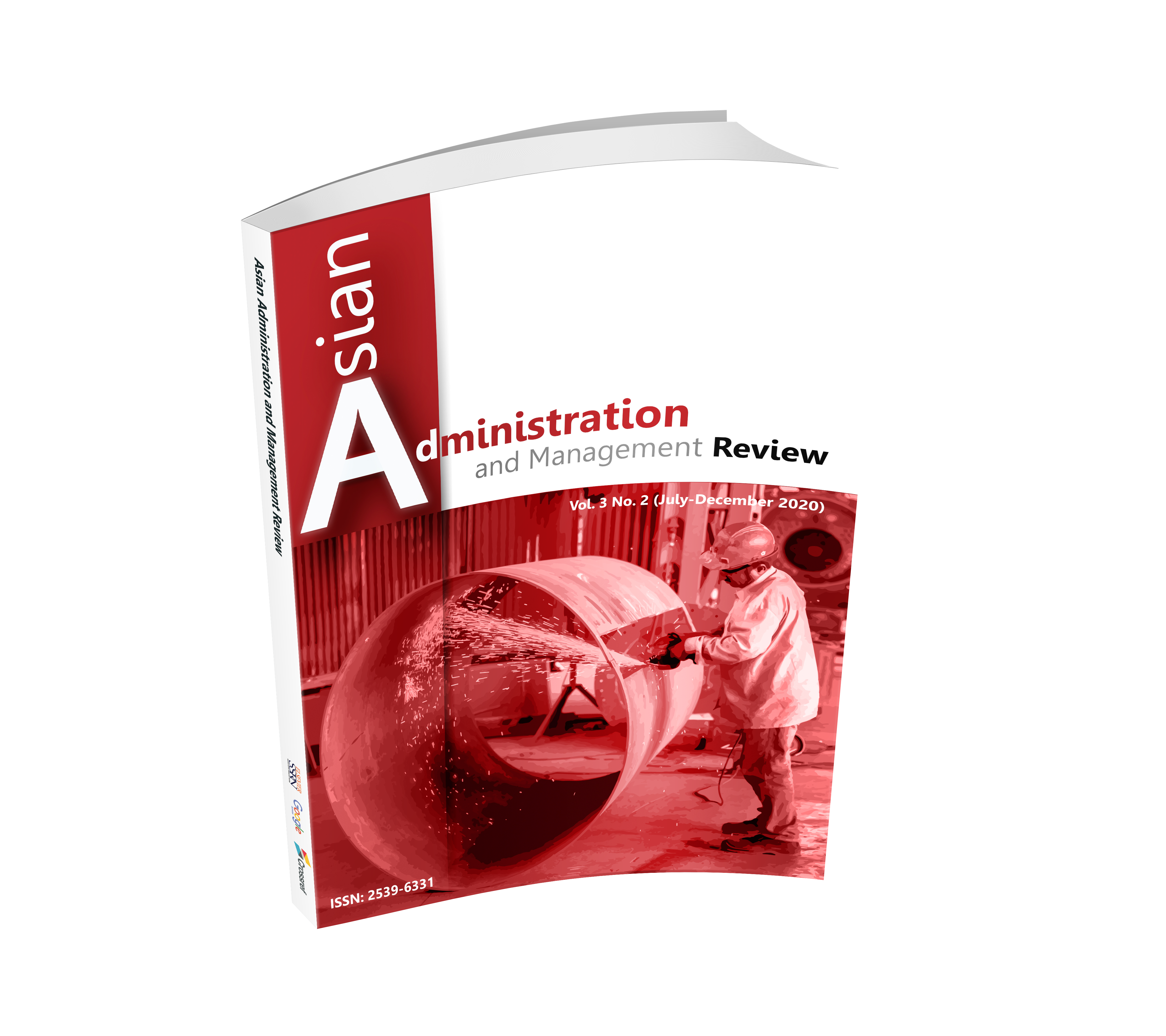WORKPLACE SPIRITUALITY AND ORGANISATION BASED SELF ESTEEM AS MECHANISMS LINKING SPIRITUAL LEADERSHIP WITH ORGANISATIONAL CITIZENSHIP BEHAVIOUR: PERCEIVED ORGANISATIONAL SUPPORT AS A MODERATOR
Keywords:
Organisational Citizenship Behaviour, Spiritual Leadership, Organisation Based Self-Esteem, Islamic Institutions, Perceived Organisational SupportAbstract
The aim of this study is to investigate the correlation among spiritual leadership (SL) and organisational citizenship behaviour (OCB) with two mediating variables workplace spirituality (WPS) and organisation based self-esteem (OBSE). In addition, this study also investigated perceived organisational support (POS) as a moderator in the correlation between SL and WPS. This study used the survey method to collection data from respondents using a questionnaire. To measure variables items, a 5-point Likert type scale is used. Partial least squares-structural equation modelling (PLS-SEM) technique was used for data analysis. The survey included 220 participants from the Islamic educational institute Thailand, including educational staff and teachers. Five out of eight hypotheses proposed were supported by the results. The OBSE played a partial mediating role as a motivational concept for the followers in SL and OCB relationship. The lack of existing literature on the spiritual leadership adoption in Islamic educational institutions limits the scope of the study system debate. The insights derived from this research into the relationship and understanding between SL and organisational citizenship behaviour among Muslim educators. While a wide variety of research in leadership has embraced a number of leadership theories, the findings have changed the emphasis to spiritual leadership as a core determinant of power in a religious organization. Although extensive research literature on leadership has followed a number of leadership theories, the findings have changed the emphasis on following SL in religious institutions as a key determinant of discretionary behaviour. Teachers with discretionary behaviours are in dire need of Islamic institutions. As a result, SL has shown an important correlation with OCB and OBSE. This helps promote follower's intrinsic wellbeing by developing a shared vision through which people help society by serving others and can achieve their highest life goals and give people a sense of appreciation. This research improves academic knowledge about the role of SL that is a growing area of interest and relatively new to academicians and management in influencing academic staff and teachers’ organisational citizenship behaviour in both theory and practice.
Downloads












.png)


